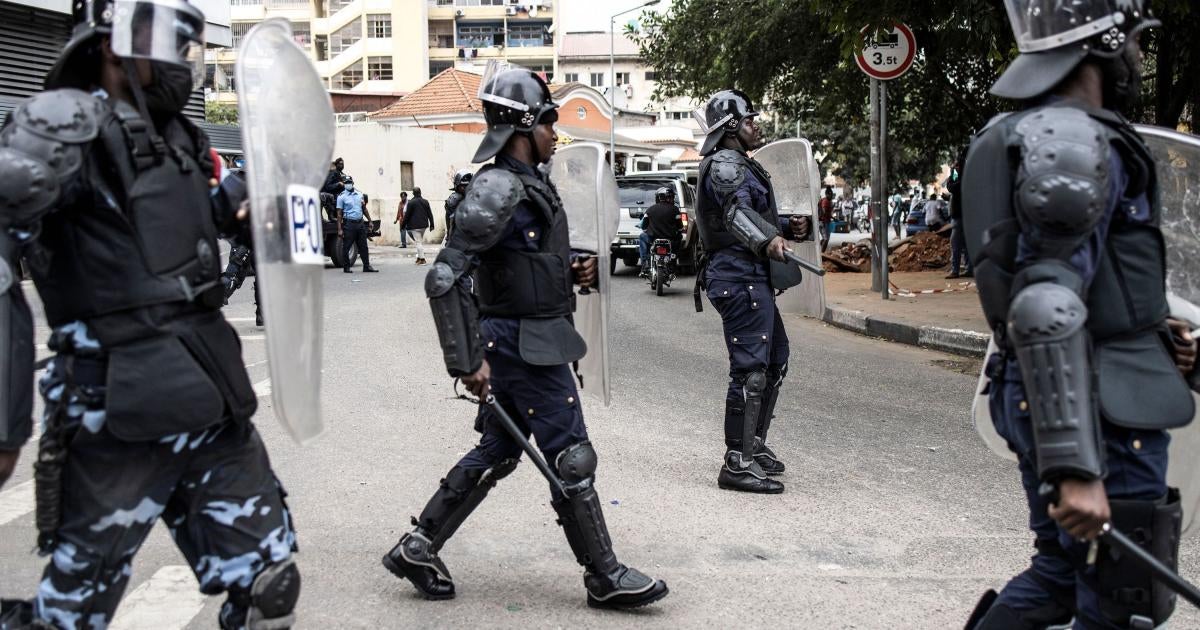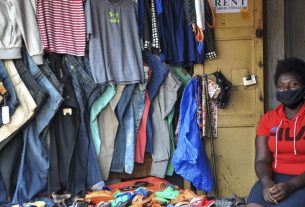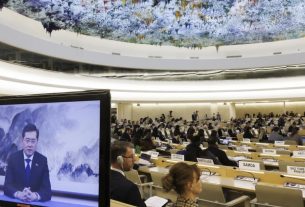Angolan police shot and killed at least five people in Huambo province on Monday during a taxi drivers’ protest against a recent fuel-price increase. In a statement seen by Human Rights Watch, the Huambo police said “it was not possible to avoid” the killings, as officers tried to contain “acts of violence” by protesters who destroyed properties, confronted the authorities, and used burning tires to block roads.
The police statement does not explain their use of live bullets against an unarmed crowd. The United Nations Basic Principles on the Use of Force and Firearms by Law Enforcement Officials provides that police use the minimum necessary force at all times. Firearms may only be used to disperse violent assemblies when other less harmful means are not practicable. Law enforcement officers may only intentionally make lethal use of firearms when strictly unavoidable to protect life.
Various regional protocols ratified by Angola, including the Guiding Principles for the Policing of Assemblies in Africa, similarly provide that officers may only use force when strictly necessary. When using force, law enforcement officials should exercise restraint and act in proportion to the seriousness of the offense and to the legitimate objective to be achieved.
In recent years, and despite some attempts to improve law enforcement, Angolan security forces have continued to use disproportionate and excessive force that has resulted in deaths and injuries. In many cases, unlawful killings have gone unpunished, which creates the impression that Angolan security forces have a license to kill anyone who dares to challenge the government.
Accountability for abuses by security forces is essential to prevent their repetition and end an environment of impunity. The Angolan government needs to impartially investigate and appropriately prosecute the Huambo killings as a first step toward introducing visible measures to instill respect for human rights among its security forces.



